Having a well-stocked medical garden is a huge advantage for any homesteader or prepper. Not only does it give you access to natural remedies, but it also provides a sense of independence when conventional medicine isn’t available. I’ve found that growing my own medicinal plants has helped me take charge of my family’s health in a way that’s sustainable and reliable. Plus, many of these plants are easy to grow and care for, making them perfect for any garden. Let’s look at 15 must-have plants for your medical garden and how they can help keep you healthy when you need them most.
1. Aloe Vera
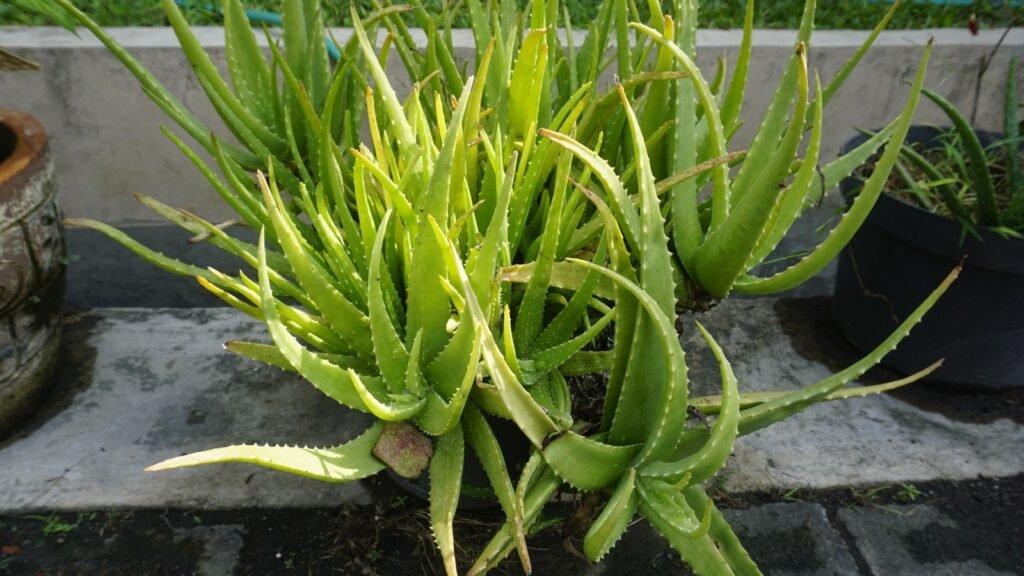
Aloe vera is one of the most versatile plants you can grow. Its gel is excellent for treating burns, cuts, and skin irritations. It’s also great for soothing sunburns and can even be used to moisturize dry skin.
2. Lavender

Lavender is well-known for its calming properties. You can use it to make teas or oils that help reduce anxiety and promote sleep. It also works as an antiseptic and anti-inflammatory when applied to minor wounds.
3. Echinacea
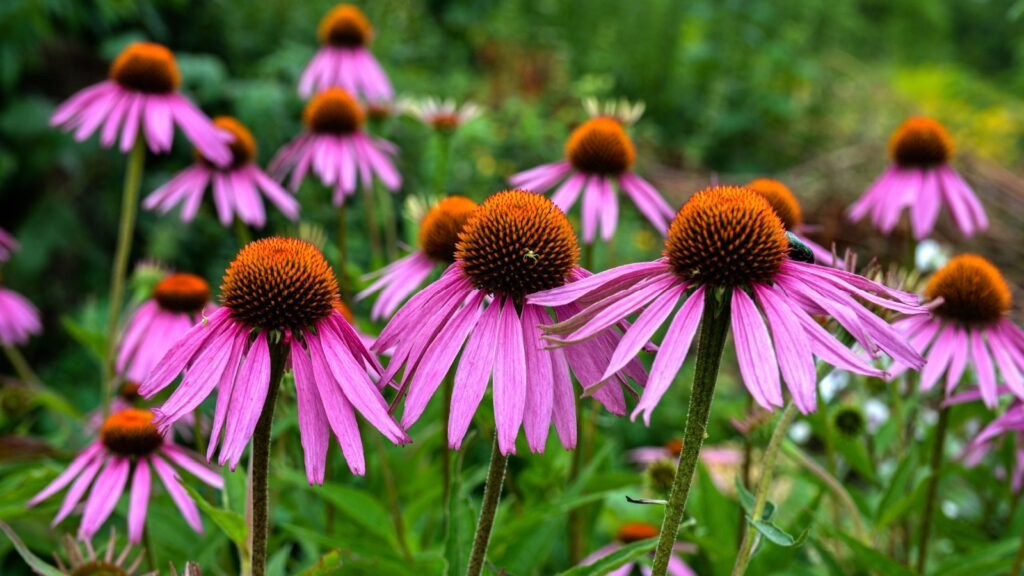
Echinacea, also known as coneflower, is famous for boosting the immune system. Many people use it to ward off colds and infections. It can be made into a tea or tincture to fight off illnesses before they take hold.
4. Calendula
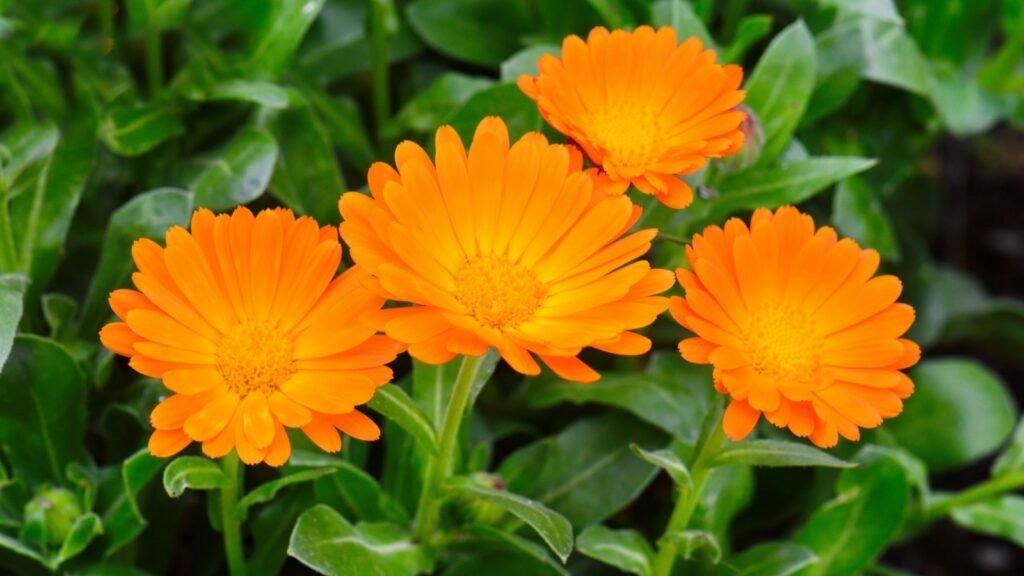
Calendula is a bright, cheerful flower that works wonders for skin healing. You can use it in salves and creams to treat rashes, insect bites, and cuts. Its anti-inflammatory and antimicrobial properties make it a must-have for any medical garden.
5. Peppermint
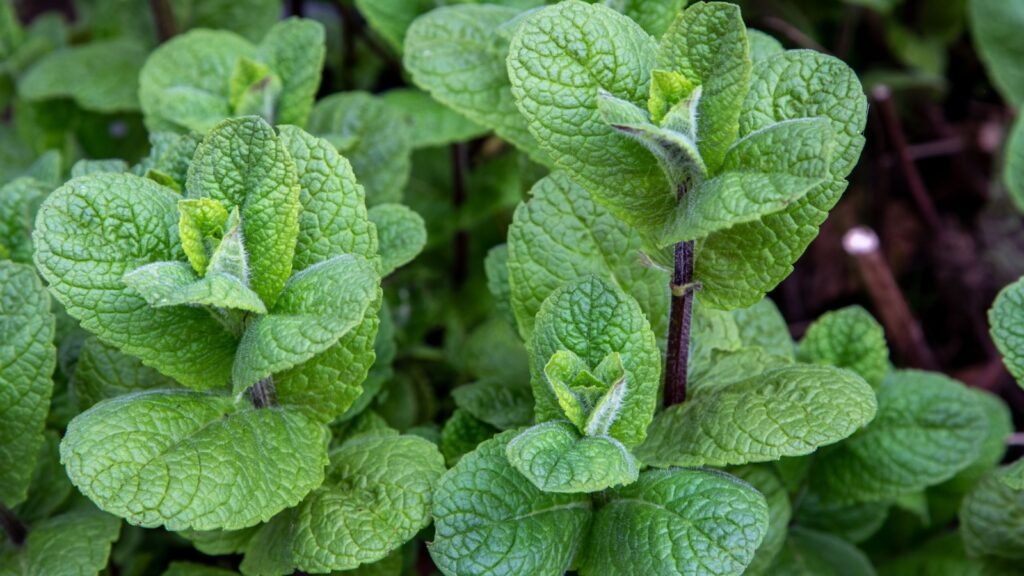
Peppermint is a powerhouse when it comes to digestive health. A simple tea made from peppermint leaves can relieve nausea, indigestion, and headaches. It’s also refreshing, making it a nice addition to your garden for daily use.
6. Yarrow
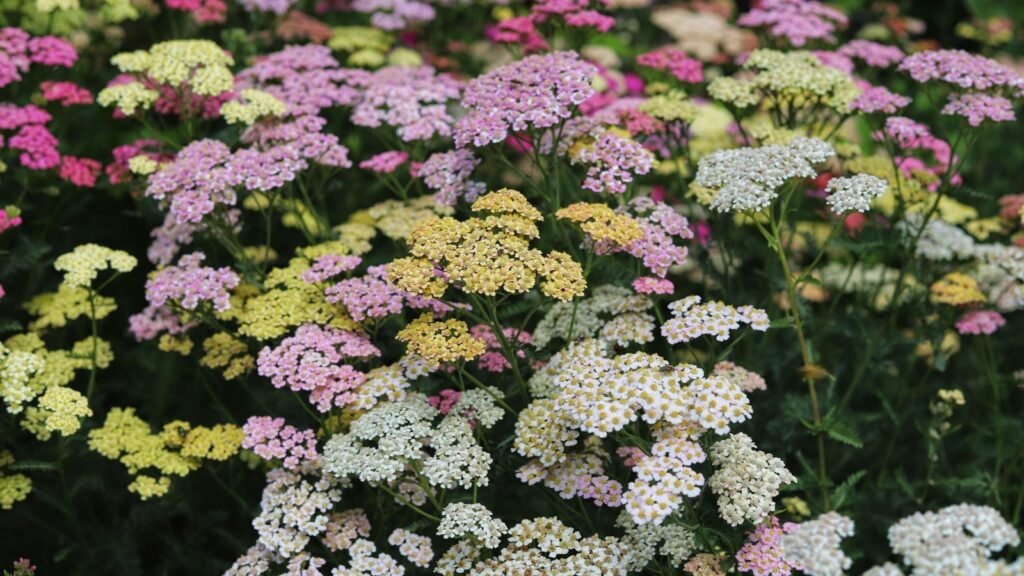
Yarrow is a go-to for wound care. It has been used for centuries to stop bleeding, making it perfect for treating cuts and scrapes. You can apply crushed leaves directly to a wound, or dry the plant to use later in salves.
7. Chamomile

Chamomile is best known for its ability to soothe and calm, especially when brewed into a tea. It helps with insomnia, anxiety, and digestive issues. It’s also anti-inflammatory, so you can use it on irritated skin or sore muscles.
8. Garlic
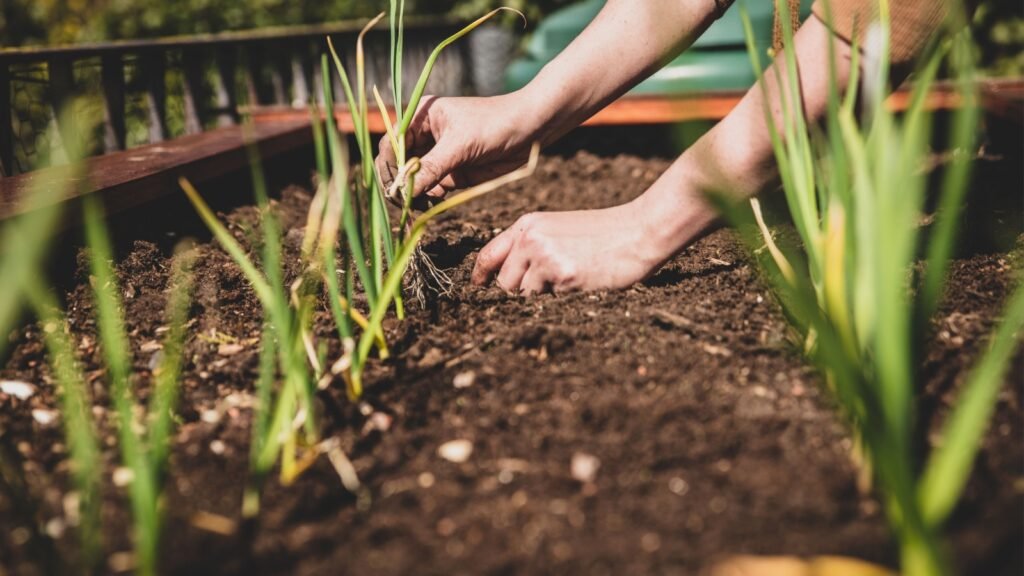
Garlic is a natural antibiotic and antiviral, making it useful for fighting infections from the inside out. Eating raw garlic or using it in teas can help with colds, coughs, and other respiratory issues. Plus, it’s easy to grow and store.
9. Lemon Balm
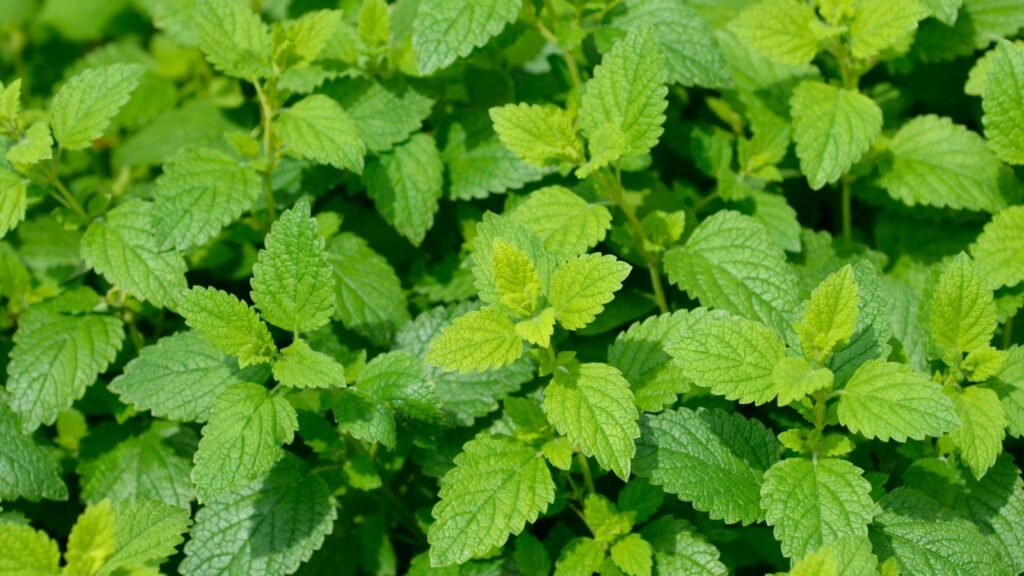
Lemon balm is part of the mint family and is known for its calming properties. It’s great for reducing stress, helping with sleep, and soothing upset stomachs. You can also use it topically for cold sores and bug bites.
10. Comfrey
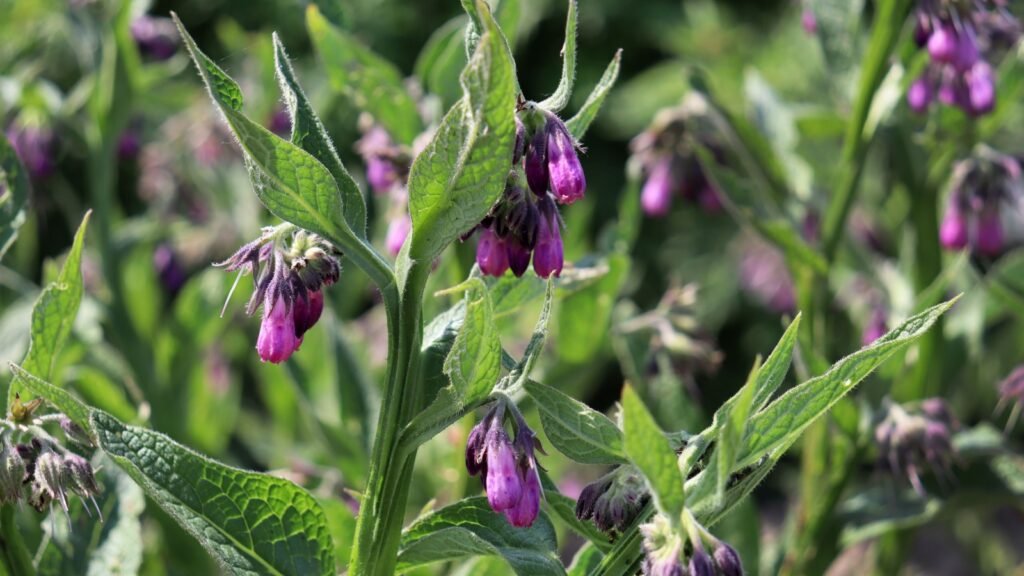
Comfrey is known for its ability to speed up the healing of wounds, bruises, and broken bones. Its leaves contain allantoin, which stimulates cell growth. You can use it in poultices or salves to reduce inflammation and promote healing.
11. St. John’s Wort
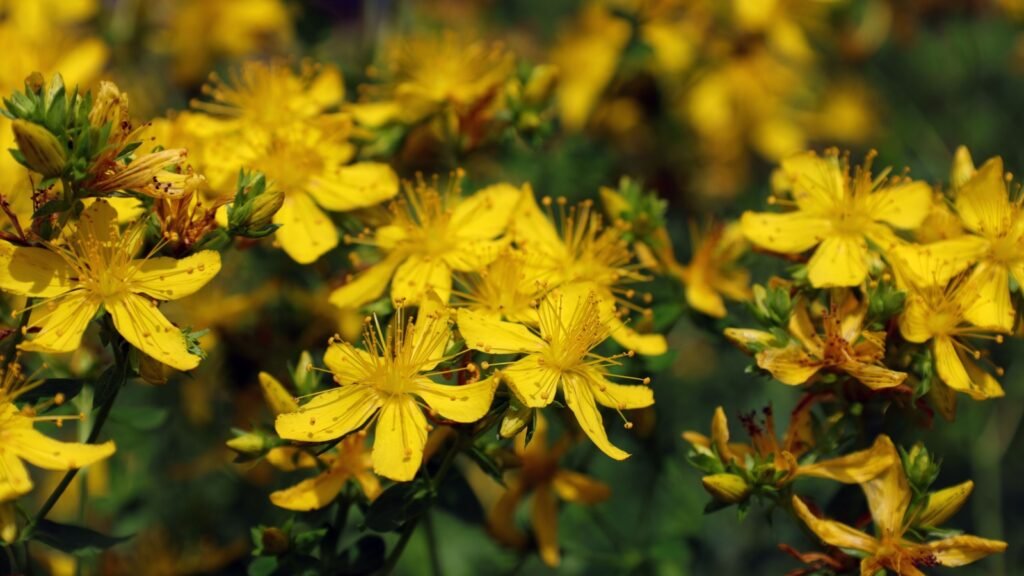
St. John’s Wort is most commonly used to treat depression and mood disorders, but it also has antiviral and anti-inflammatory properties. You can make it into an oil or tincture to help with cuts, scrapes, and nerve pain.
12. Elderberry

Elderberry is a fantastic immune booster, particularly when it comes to fighting off the flu and colds. The berries are rich in antioxidants and can be made into syrups or tinctures to keep your immune system strong year-round.
13. Thyme
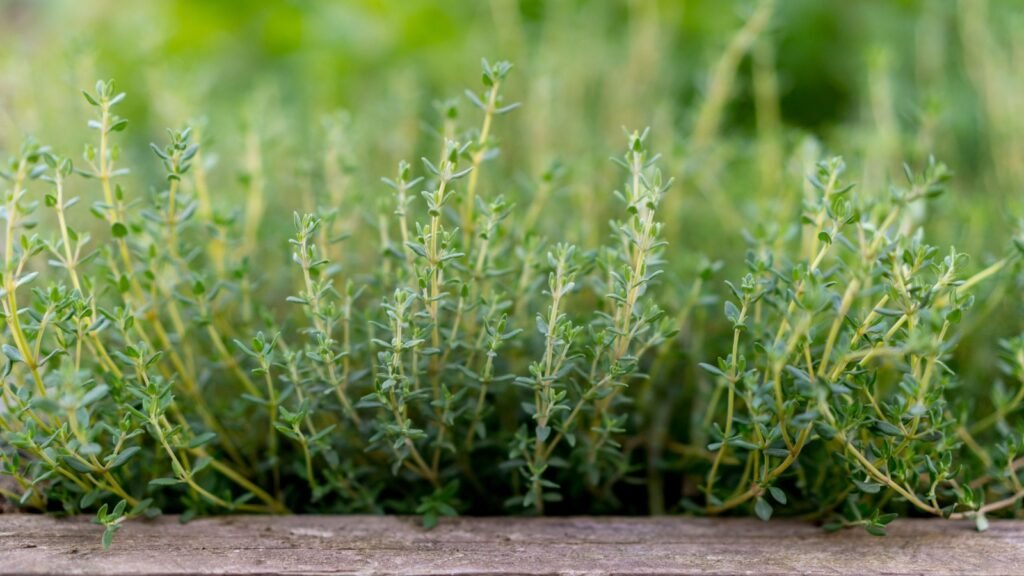
Thyme is a natural antiseptic and antimicrobial herb. It’s excellent for treating respiratory conditions like bronchitis or sore throats. You can make a thyme tea or use the oil in steam inhalations to clear out congestion.
14. Mullein
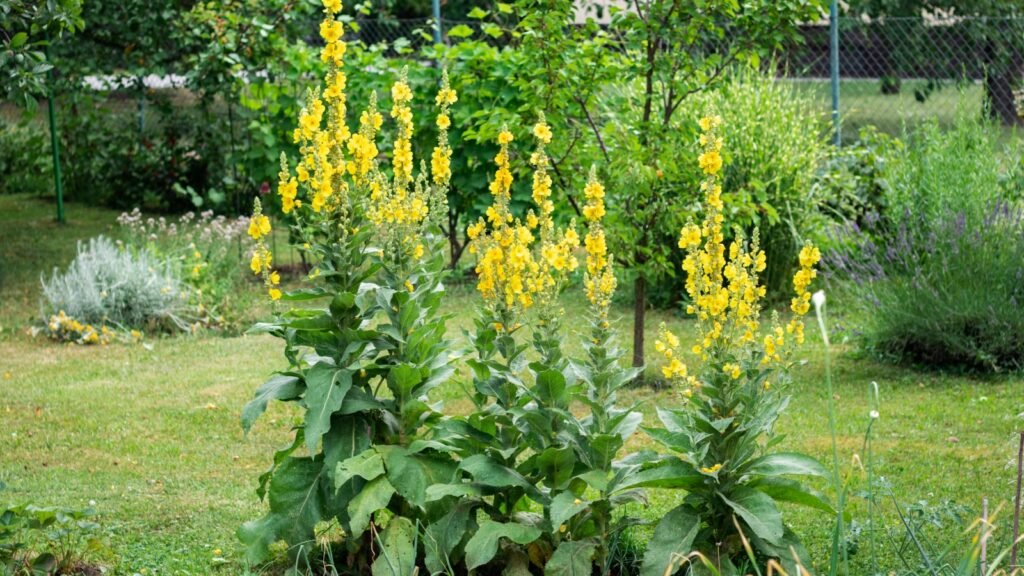
Mullein is a traditional remedy for lung problems, including coughs and asthma. Its leaves can be used in teas or tinctures to soothe the respiratory system. It’s especially helpful during cold and flu season.
15. Ginger
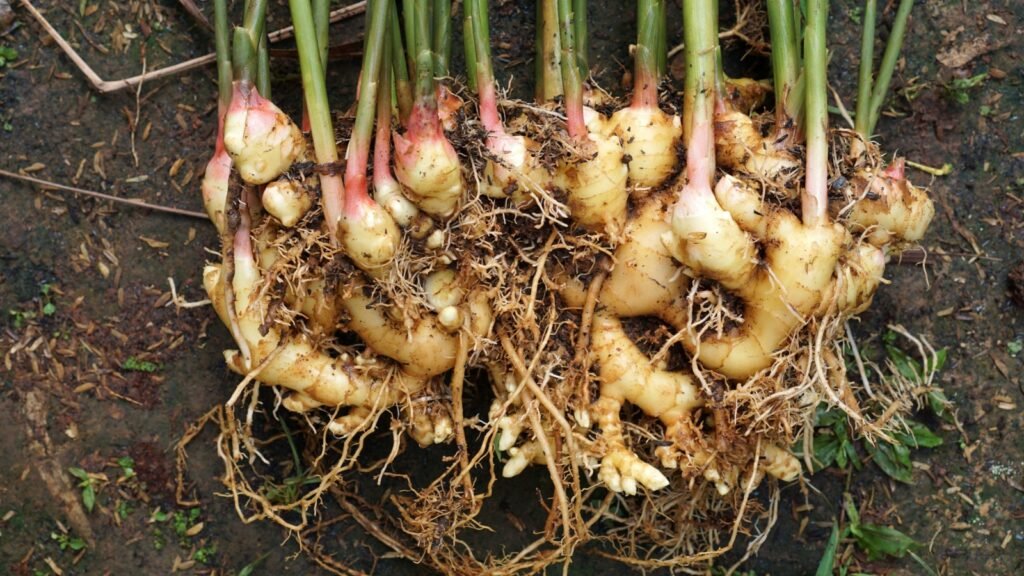
Ginger is another must-have for digestive health. It can soothe nausea, reduce inflammation, and ease colds. Growing your own ginger allows you to make fresh teas or incorporate it into your cooking for both flavor and health benefits.

